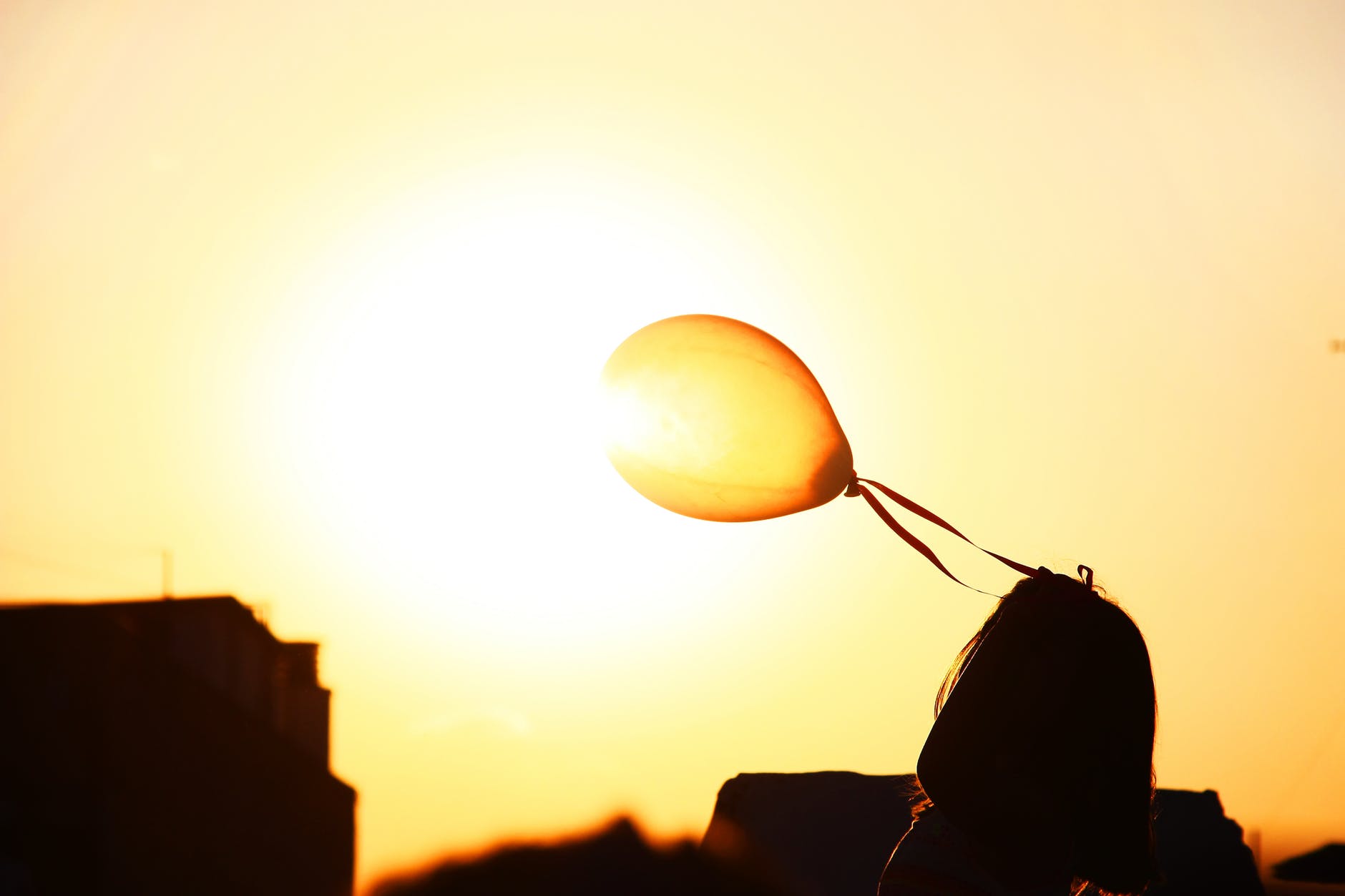Freedom Colored Orange

Red, white, and blue hold no monopoly on freedom.
Recently, I had lunch with one of my former students of a class in Moscow, Volodymyr Masyuk (Volva), who is now a Nazarene pastor in the former Soviet state of the Ukraine.
"Tell me about the Orange Revolution," I queried. I was referring to the controversial election of Ukrainian President Viktor Yuschenko, who was cheated out of one election and poisoned by an adversary. He was then supported by masses of street demonstrators who protested until a more honest election produced a different result.
At first, my friend hesitated to respond. "In the church we don't take positions. We have people from both sides of the fence within the congregation, and we felt they should not be influenced by pastoral politics. I preached about the need for calm and consideration, and that our unity is in Christ, not political parties. We prayed for God to take control."
He described the amazing events. When Yuschenko called for protest, most expected a few hundred people to converge and face the military might of the government with an uncertain, perhaps violent, response. Much to everyone's surprise, over one million people gathered at the central square—not just for one day, but for 17—nesting in tents, plotting strategies, and debating with the unconvinced and hostile.
They chose not to be confrontational.
Volva told me the masses would start every day with prayer.
Then they would send local heroes to the front line—athletes, singers, TV stars—to face the soldiers and deter them from violence with songs, slogans, poetry, and discourse. The military received food, flowers, and orange balloons in gestures of good will. These determined demonstrators dressed well for the occasion, and maintained codes of order and civility so the onlooking world could never view them as an unruly mob. Alcohol was banned.
Volva told me that after several days, he invited his 12-year-old son to accompany him and observe "history in the making." This was not just a political action, but a spiritual movement, fighting against forces of darkness and sordid status quo, seeking a freedom and hope unknown, not in actions of licentiousness, but as liberty born of responsibility.
Much to my surprise, Volva talked about the influence of the American Civil Rights activist, Martin Luther King Jr., and the moral power of his non-violent politics. King helped point the way to the alternative of peaceful demonstrations and creative responses buried in the influence of the gospel: turning the other cheek, going the second mile, and exhibiting the uncanny courage of Christ, who faced Pharisees and politicians alike.
Through moral power rather than violence, military and political institutions crumble.
Volva said that after a few days, the Ukrainian military was heard to say that despite their intimidating posture, they could never shoot a fellow Ukrainian. Their forces waned over time.
Volva knows that Yuschenko is no Messiah and that Ukraine's many problems will continue. But for one moment in his life, he saw history refashioned by the power of spiritual yearning. For the first time ever, he told me, he was proud to be Ukrainian.
As Volva and I chatted in America, far away from his homeland, we saw a woman exit a party shop submerged in orange helium-filled balloons. For both of us, the orange image seemed an epiphany. What a joy to see more and more colors represent freedom in different parts of the world.
Fletcher L. Think is an urban missions specialist who has conducted urban and leadership training in 25 nations.
Please note: All facts, figures, and titles were accurate to the best of our knowledge at the time of original publication but may have since changed.




